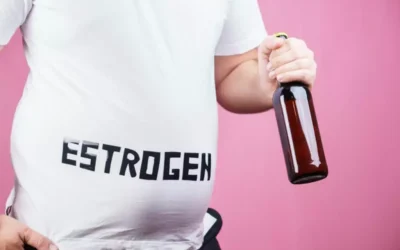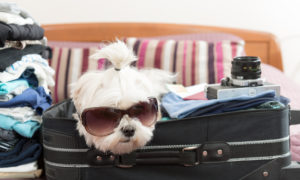One possible explanation for the occurrence of hops-induced sneezing is due to the natural vasodilatory effects of alcohol. This can lead to the expansion of blood vessels, including those within the nasal passages, resulting in nasal congestion and a runny nose. This physiological response can bear a semblance to allergic manifestations but lacks the does beer make you sneeze immunological basis that would classify it as a bona fide allergy. Moreover, engaging with medical professionals to explore the potential of a hop allergy is instrumental for those who experience discomfort. Testing, paired with an understanding of one’s own reactions—hops and sneezing—affords individuals the knowledge to make informed decisions.
Long-Term Lifestyle Adjustments to Prevent Symptoms
But Dr. Timen advises that throat and ear pain that lingers more than four weeks should be evaluated by an ear, nose and throat specialist (an ENT, also called an otolaryngologist). The signs and symptoms of both diseases can range from no symptoms to mild or severe symptoms. Because COVID-19 and the flu have similar symptoms, it can be hard to diagnose which condition you have based on your symptoms alone.
Top New Year’s resolutions: I started intermittent fasting. I quit drinking. I cut out caffeine. Here’s what happened. – Slate
Top New Year’s resolutions: I started intermittent fasting. I quit drinking. I cut out caffeine. Here’s what happened..
Posted: Fri, 05 Jan 2024 08:00:00 GMT [source]
Thinking of Stopping Drinking? 9 Tips to Succeed
Other possible triggers include strong smells and exposure to cold air, among others. Typical symptoms include a runny nose and congestion, which might be accompanied by postnasal drip, headache and/or a dry cough. Upon exposure to ethanol, the body may produce antibodies that view ethanol as a harmful substance, which can then lead to an allergic reaction, including sneezing. Preventive measures can extend to creating a personalised beer consumption plan with the guidance of an allergist. This plan may include methods such as introducing beverages cautiously and noting any subsequent reactions, which could offer insights into tolerance levels and potential sensitivities. If can hops make you sneeze is a recurring dilemma that hampers your enjoyment of beer, consultation with an allergist can provide tailored advice and insights.

What to do if you think you’re allergic to beer

If they suspect that sneezing is a symptom of allergies, they may recommend allergy testing to confirm your diagnosis and recommend appropriate treatment. While sneezing can be inconvenient, it’s rarely a sign of a serious health condition. Sneezing is an involuntary burst of air forced from your lungs through your nose and mouth.

What long-term lifestyle adjustments can prevent symptoms of a hop allergy?
- When this happens, your immune system overreacts because it sees the allergen as foreign.
- However, if you have alcohol intolerance, you must talk to your doctor about which alcohols are best for you to drink.
- These compounds are often utilised as preservatives in both beers and wines, extending shelf life and maintaining product stability.
- By examining the possible roles of histamines and sulfites, individuals may better equip themselves to navigate their own physiological landscapes, one beverage at a time.
- These substances can make your blood vessels dilate, which causes symptoms of alcohol intolerance.
- Sneezing is a symptom of many conditions, from allergies to infections.
You might try switching the type or brand of alcoholic beverage you typically drink or the foods you eat along with your drink to see if you can avoid this unpleasant symptom. Managing a hop allergy involves avoiding beverages containing hops and may include taking over-the-counter antihistamines for mild reactions. Severe reactions might necessitate emergency treatments like epinephrine injections. Yes, sulfites, which are used as preservatives in beers and wines, can trigger allergy-like reactions such as wheezing and sneezing, especially in individuals with asthma or sulfite sensitivity. In the case of an alcohol allergy, the immune system mistakenly identifies alcohol or a component within it as a threat, leading to an allergic reaction. This can include symptoms like itching, swelling, and in extreme cases, anaphylaxis.
Ingredients in Alcoholic Beverages That Can Cause a Stuffy Nose After Drinking
Identifying Allergens in Alcoholic Beverages
- Further diagnostic scrutiny may include a controlled alcohol consumption test and comprehensive blood tests within a clinical environment.
- Flu infection leads to secondary bacterial infection more often than COVID-19 infection does.
- In cases of hops and sneezing, an allergy test could pinpoint the exact components of beer that are causing the issue, thereby enabling informed decisions about future alcohol choices.
- Health care providers often first make sure a person’s symptoms aren’t caused by allergies.




















